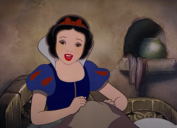Why the Voice of Sleeping Beauty Sued Disney
Mary Costa didn't think she'd been compensated fairly for the classic animated film.
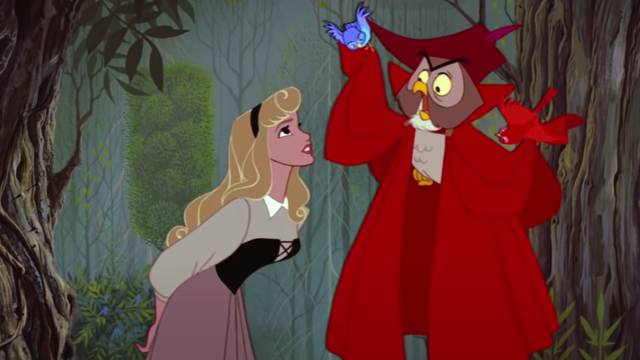
Being the voice of one of the original Disney Princesses means being a part of movie history forever. But the process of bringing these beloved characters to life isn't smooth for every voice actor. Mary Costa voiced Sleeping Beauty (aka Princess Aurora) in the 1959 film of the same name. But, at the time, she couldn't have predicted the turns the movie industry would take, thanks to new technology.
As times changed, Costa decided she wasn't being fairly compensated for Sleeping Beauty's long-lasting success. Read on to find out why she sued Disney and how the company responded.
READ THIS NEXT: This Former Child Star Just Revealed How She Lost Her $17 Million Fortune.
Costa landed the role at age 22.
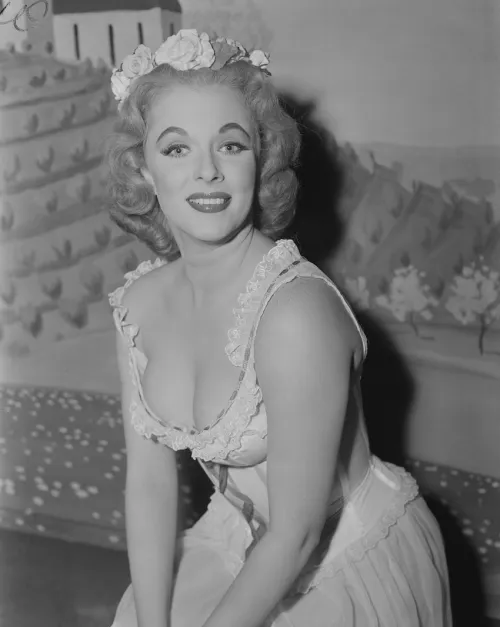
Costa, now 92, had a successful career in entertainment that began before Sleeping Beauty was released. Other movie roles include 1952's Marry Me Again and the 1957's The Big Caper. She was also already performing as a singer.
Costa was cast as Princess Aurora in 1952 when she was 22 years old—seven years before the movie premiered. She told SFGate in 2003 that recording her part lasted from 1952 to 1955.
"When I first auditioned for [Walt Disney], I had been at a dinner party the night before," Costa recalled of getting the role. "After dinner, I was singing around the piano, and the man on my right was to do the music for Sleeping Beauty, but I didn't know that. And he kept listening to me and finally asked what I'd done. And he said, 'This may seem late to you, but could you meet me at Walt Disney Studios tomorrow and audition for the role of the Princess Aurora in Sleeping Beauty, because Walt has been looking for a voice for three years and they're just getting ready to shelve the project.'" Costa showed up, and Disney called her by the end of the day to tell her the part was hers.
Costa sued Disney in 1989.
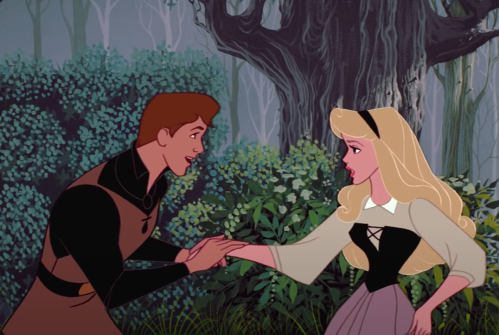
In 1989, Costa filed a lawsuit against Disney after the company released Sleeping Beauty on VHS in 1986. As reported by the Associated Press, Costa requested $2 million in royalties.
And she hasn't been the only voice actor to file a lawsuit like this. Peggy Lee, who voiced Lady in Lady and the Tramp and Ilene Woods, who voiced Cinderella, also sued the company for royalties from VHS sales that came long after their movies were originally released.
For more celebrity news delivered right to your inbox, sign up for our daily newsletter.
The lawsuit was settled.
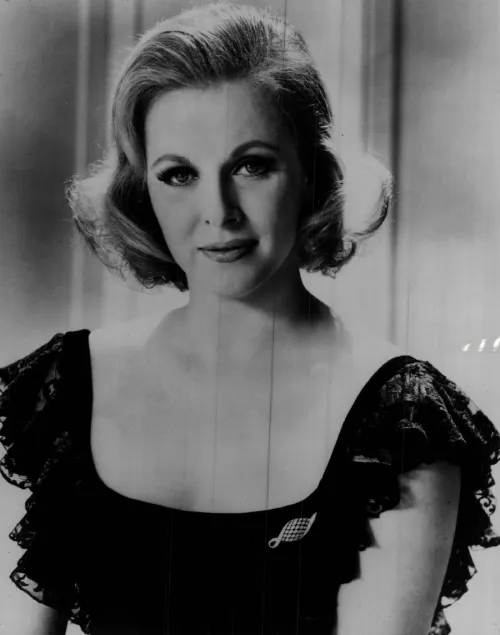
In 1991, Costa's lawsuit was settled out of court. The details of the settlement were not released, but according to the AP, Costa's lawyer said, "It was a fair deal for Mary and it was a fair deal for Disney, when you look around the table and see everybody gave up something and everybody got a little something."
After the lawsuit, Costa was able to get back on good terms with the company. In 1999, she was named a Disney Legend. She was also involved in promoting the release of Sleeping Beauty on Blu-ray in 2008.
Her singing career continued.
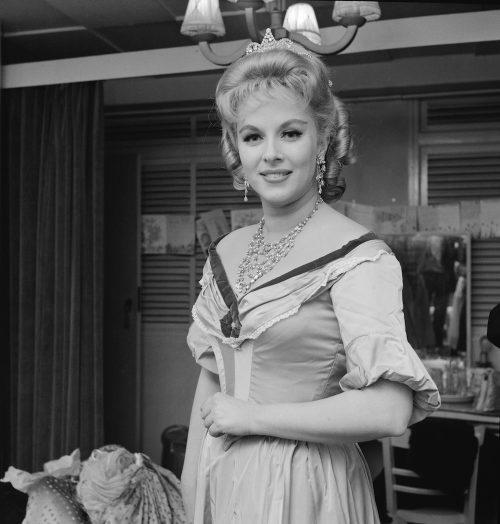
In addition to her work in Sleeping Beauty, Costa is famous for her opera career, which took off around the time of the movie's release. She performed with the Metropolitan Opera and San Francisco Opera and also acted onscreen occasionally, including in the 1972 movie The Great Waltz.
After retiring from performing, she has devoted her life to helping children, including giving motivational talks at schools and working with the child abuse prevention and treatment organization Childhelp USA, according to D23.
She's proud to be known as Sleeping Beauty.
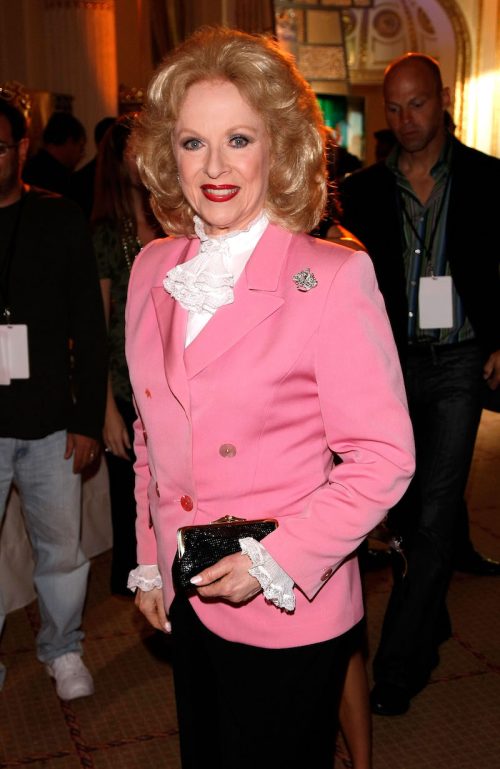
In a 2008 interview with Ultimate Disney, Costa said that she's still delighted to be associated with the character.
"One of the main reasons I love it is because it keeps me in contact to motivate children," she explained. "I go into classrooms and they say, 'The voice of Sleeping Beauty is going to come!' I just absolutely love it because they are really warm with me. I play the Singing Lady with them and have them sing their questions to me and I sing back to them."
She continued, "This has been marvelous. I stopped singing in 1986 as far as performances. [Back then], I felt like I was always having to protect my voice and couldn't speak a lot or have personal relationships. Now because of Sleeping Beauty, I can do that and talk to children and work for charities and everything. So Sleeping Beauty has kept me going, whereas for a lot of people when they stop their operatic career, it's gone."
